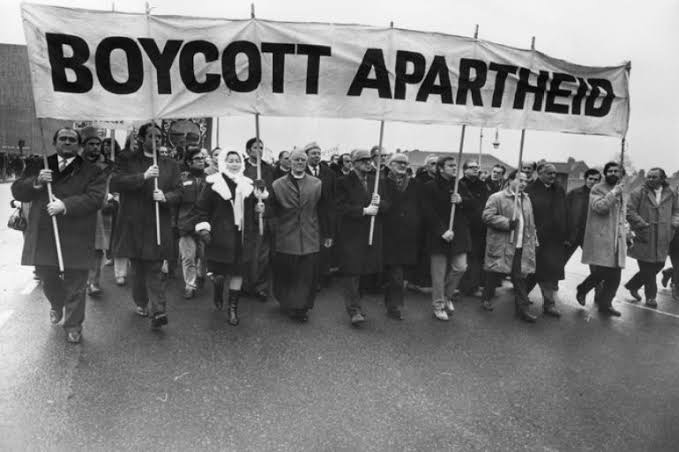On March 17, 1992, white South Africans vote overwhelmingly in a referendum to end minority rule, by a margin of 68.7 percent to 31.2 percent. Thus ends the turbulent period called apartheid, a racial segregation policy that separated the minority white population by designating areas and activities prohibited to Black people.
“Today we have closed the book on apartheid,” President F.W. de Klerk said on the day after the vote.
In 1948, South Africa’s white-ruled Nationalist Party gave the Afrikaans name “Apartheid” to the country’s harsh, institutionalized segregation. These racial policies led to decades of violence in South Africa, international sanctions and economic struggles. Apartheid began during the early stages of the Cold War, when America’s top foreign-policy priority was limiting Soviet expansion. As a result, President Harry Truman—and several successive American presidents, including Ronald Reagan—received wide criticism for not strongly protesting apartheid in anti-communist South Africa, because they wanted an African ally against the Soviet Union.
Over time, a combination of internal and international pressure on the white supremacist regime led to the dismantling of apartheid, culminating in the 1992 vote. Negotiations to end apartheid began in 1990, after communism crumbled in Europe. Two years after the vote to end apartheid, in 1994, South Africa held its first free and nonracial election, and Nelson Mandela—an activist who had spent 27 years in prison for his opposition to apartheid—became the first Black president of the county. In 1995, South Africa installed a Truth and Reconciliation Commission to address human-rights violations during the apartheid era. It released its seven-volume report on apartheid between 1998 and 2003.



I couldn’t resist commenting. Perfectly written!